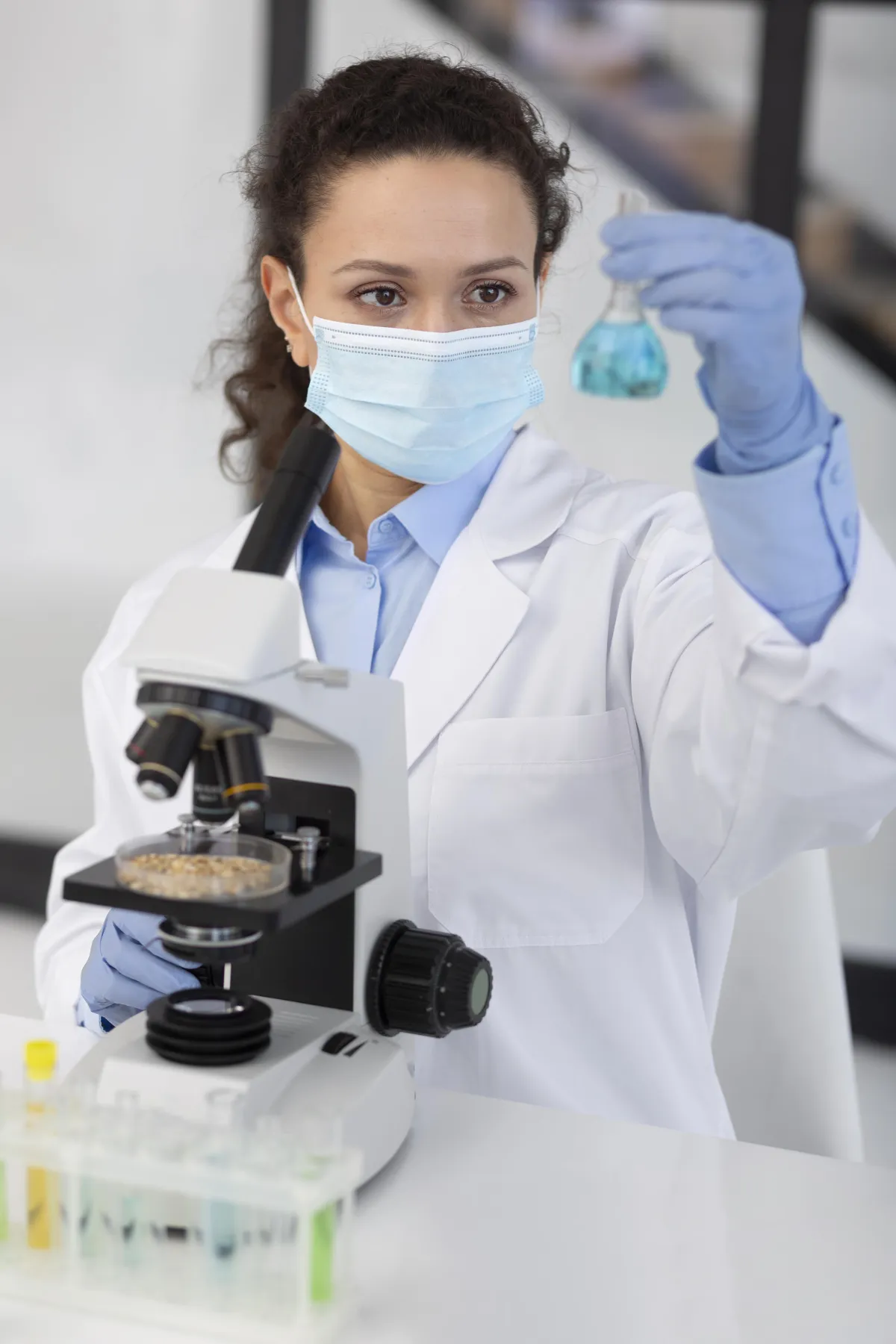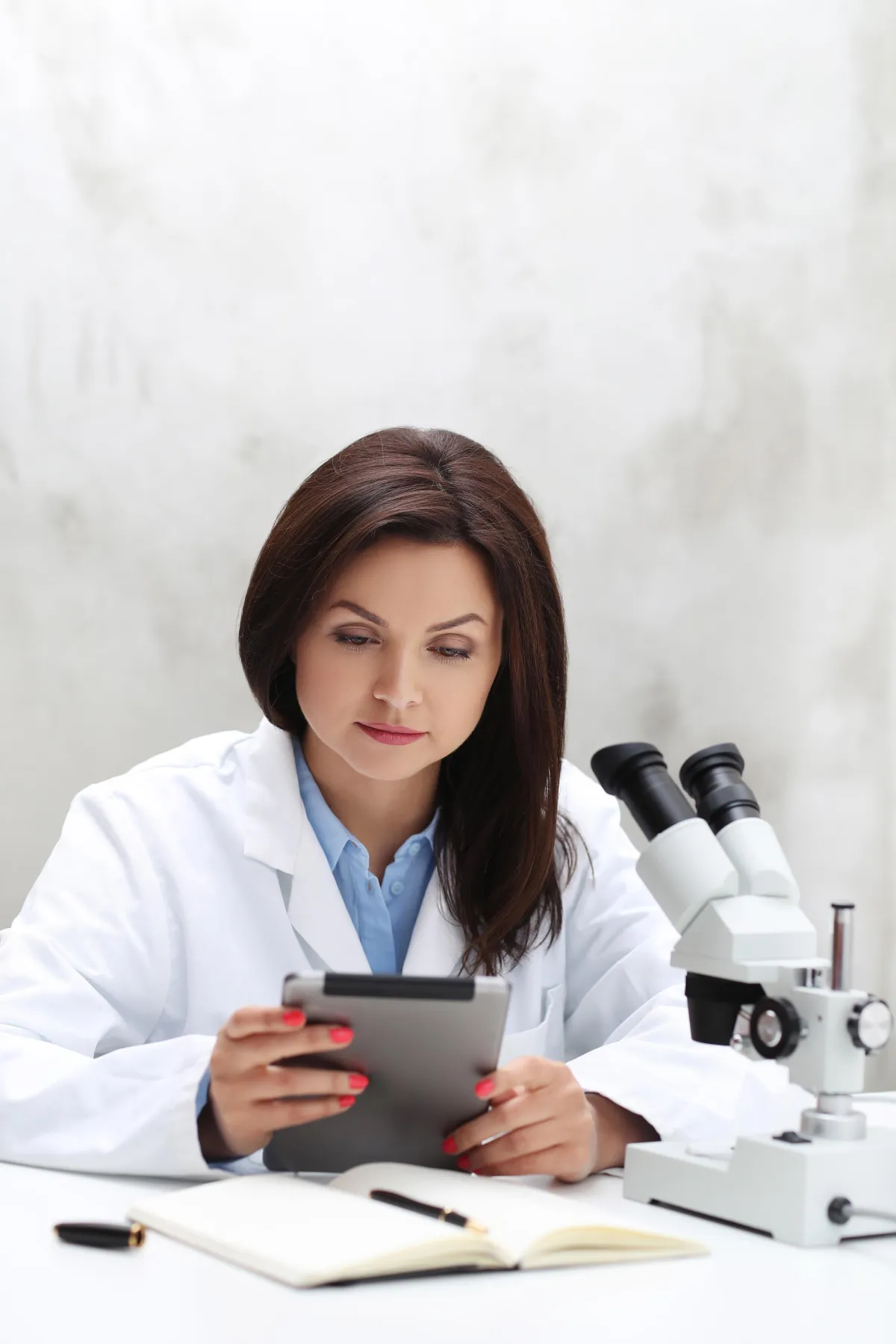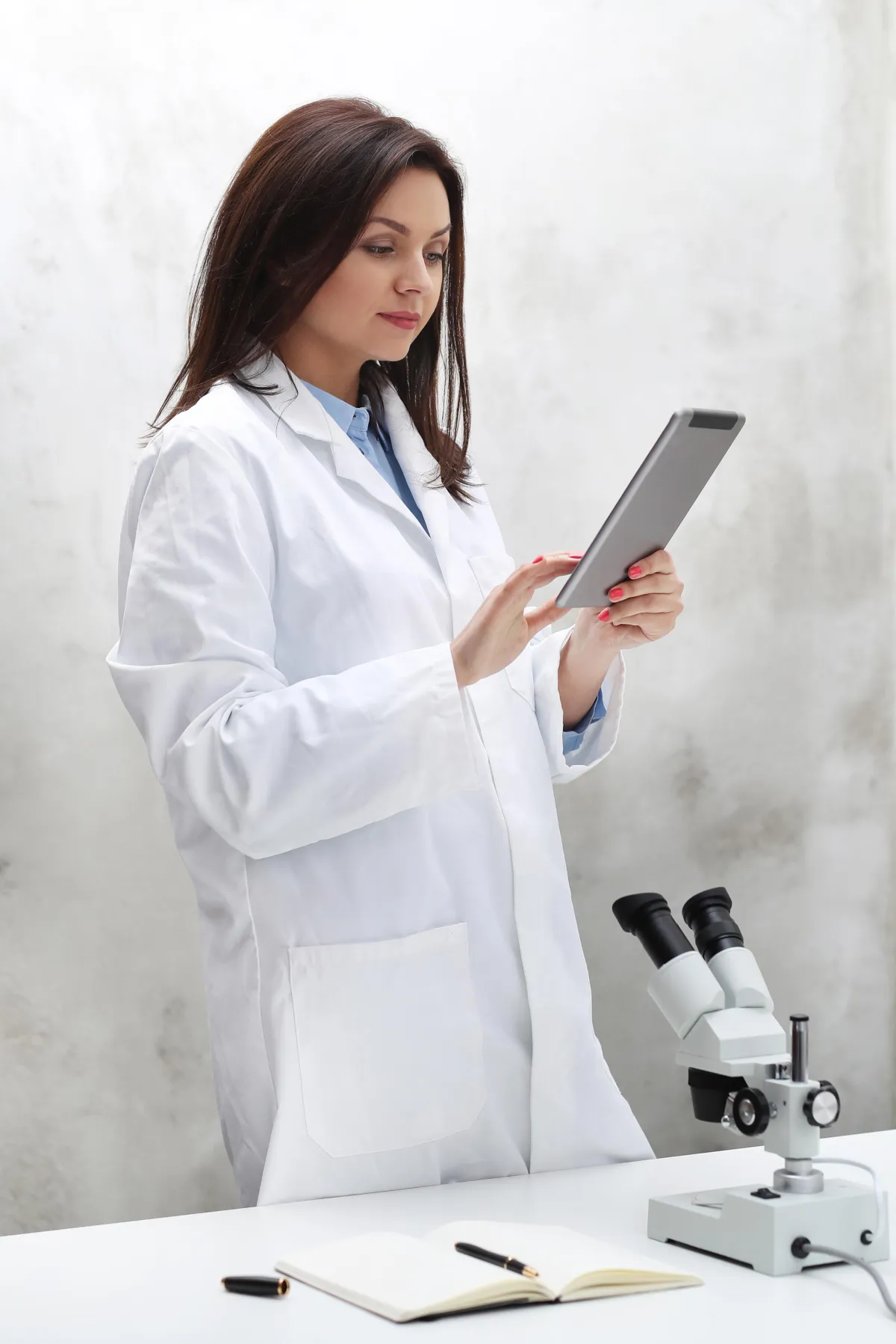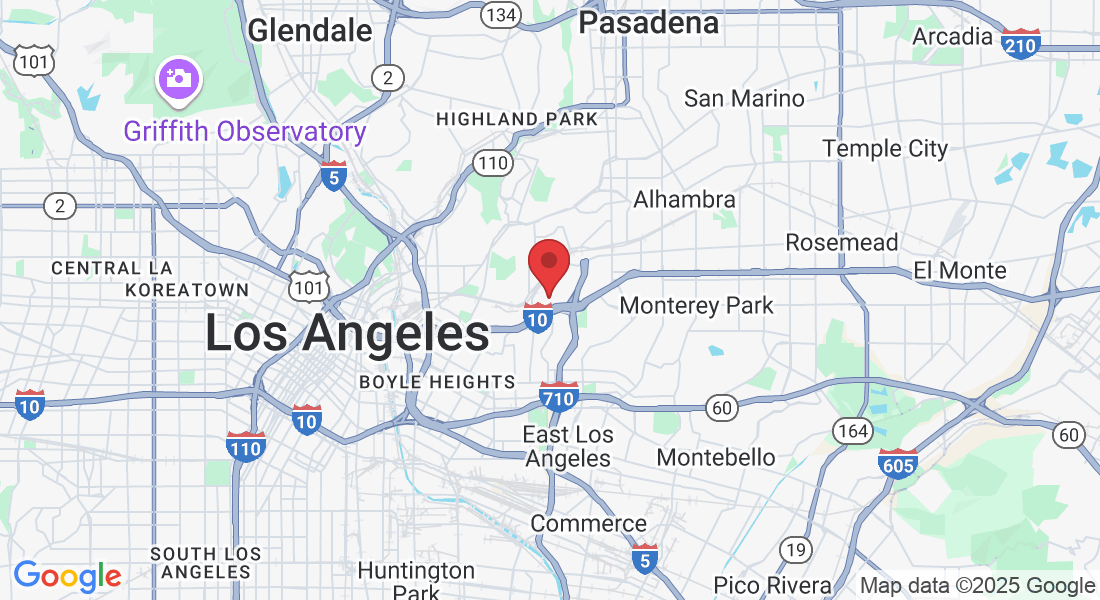Reborn Materials
Technology
Reborn Materials
Technology
History of Plastic Degradation Research
Late 19th to Early 20th Century: Beginning of Microbial Studies
Background:
Initial research focused on microbial interactions with natural polymers, particularly cellulose and lignin, highlighting the enzymatic processes involved.
Key Enzymes:
Identification of Cellulase (converts cellulose into glucose) and Laccase (facilitates lignin oxidation-reduction).
Recognized microbial species included Cellulomonas sp. (bacteria) and Aspergillus niger (fungi).
Studies were limited to natural polymers as synthetic plastics had not yet emerged.


Mid-20th Century: Initial Microbial Interaction with Synthetic Plastics
Background:
Rise of synthetic plastic production raised environmental concerns due to their persistence. Early studies explored how microorganisms interacted with plastics, especially after pretreatments.
Key Findings:
Pseudomonas sp. bacteria demonstrated enzymatic activity on synthetic polymer compounds.
Aspergillus niger fungi showed potential activity on polyester-based structures.
Pretreatment methods (chemical, thermal, UV) improved microbial interactions.
Polymer characteristics like crystallinity and molecular weight identified as critical factors affecting microbial efficacy.
Mid-20th Century: Initial Exploration of Plastic Degradation
Background:
The industrial production of plastics led to increasing environmental pollution due to their non-degradable nature.
Early experiments showed that certain synthetic polymers could be partially degraded by microorganisms after chemical or thermal pretreatment.
Key Findings:
Pseudomonas sp. bacteria demonstrated the ability to break down certain organic compounds.
Fungi like Aspergillus niger were found to attack polyester structures.

21st Century: Advanced Enzyme-Driven Plastic Interactions
Background:
Emergence of biotechnology and genomic tools facilitated targeted enzyme discovery, engineering, and optimization for specific plastic interactions, shifting focus to deliberate, enzyme-driven solutions.
Key Findings:
Discovery and characterization of enzymes like PETase and MHETase, significantly advancing PET plastic interaction.
Engineered enzyme variants developed via directed evolution and AI-based enzyme modeling to enhance activity.
Proven feasibility of enzymatic additives to induce controlled environmental interactions ("Design to Expire") with major plastics such as PET, PE, and PLA.
Recognition of potential integration of enzymatic technologies into polymer manufacturing for the intentional design of plastics with predictable environmental lifespans.

Empowering the Circular Economy with Precision Biodegradation
How Reborn's Technology Works
Discovery and Optimization:
Inspired by natural systems, we identify and engineer specialized enzymes uniquely optimized to interact effectively with plastic polymers. Through proprietary modifications, our enzymes deliver enhanced efficiency, compatibility, and reliability across diverse plastic types.
Advanced Stability (Nano-Encapsulation):
Our proprietary nano-encapsulation technology safeguards enzyme integrity even under extreme industrial conditions, including high temperatures and mechanical stress. This ensures consistent and reliable performance in plastics that previously resisted microbial interaction.
Surface Adaptation and Precision Interaction:
Plastics are purposefully engineered for optimal enzyme interaction through targeted surface modifications. This strategy is customized for each polymer, enabling precise, predictable, and effective integration with natural microbial processes in real-world environments.
Next-Generation Innovation (In Development):
Our next-generation innovation focuses on smart waste management solutions that leverage real-time data collection and sharing. By tracking plastic usage, interaction, and expiration, we ensure transparency, optimize environmental health, and safeguard human wellbeing through precisely designed plastics engineered to expire responsibly.
Plastics We Target
Reborn Materials Inc. addresses a variety of polymers to support industries worldwide:
PET (Polyethylene Terephthalate): Engineered enzyme interactions (PETase and MHETase) designed to facilitate plastic integration into environmental microbial processes.
PP (Polypropylene): Enhanced enzyme formulations engineered for compatibility with heat-resistant microbial environments.
PE (Polyethylene): UV-assisted enzyme formulations tailored to optimize microbial surface interaction.
PS (Polystyrene): Enzyme additives inspired by natural microbial interactions, tailored specifically for PS polymers.
PVC (Polyvinyl Chloride): Specialized enzyme additives developed to promote safer and more effective environmental interaction.
PBAT (Polybutylene Adipate Terephthalate): Tailored enzyme solutions engineered to improve polymer-microbial compatibility in soil environments.
PLA (Polylactic Acid): Customized enzymes (Proteinase K and Cutinase) formulated for effective integration with existing compost infrastructures.
Why Choose Reborn Materials?
Reborn Materials Inc. distinguishes itself by strategically combining cutting-edge enzyme technology with actionable, real-world solutions, ensuring your sustainability goals become achievable realities:
Proven Scalability: Our enzyme solutions seamlessly integrate into existing industrial, landfill, and composting infrastructures, making large-scale environmental goals attainable without extensive infrastructure changes.
Tailored Adaptability: Each enzyme additive is specifically engineered to meet the exact requirements of diverse sectors, from consumer packaging and retail goods to critical agricultural and industrial applications.
Forward-Thinking Innovation: Our proactive research approach anticipates emerging industry trends and regulatory changes, enabling you to stay ahead by addressing tomorrow’s environmental challenges today.
Exclusive Proprietary Technology: With uniquely developed enzymes and trade-secret encapsulation methods, our innovation remains unmatched, providing competitive differentiation and lasting sustainability impact.
What Makes Us Unique?
Breakthrough Enzyme Stability:
Our proprietary nano-encapsulation ensures enzyme performance even in challenging conditions, dramatically expanding the practical applications of enzyme technology.
Customized Solutions:
Each plastic type demands a unique strategy; our tailor-made enzyme additives provide precise, efficient, and predictable integration with environmental processes, maximizing sustainability and minimizing environmental impact.
Continuous Innovation Pipeline:
Our current technologies represent just the beginning. With numerous pioneering advancements under development, Reborn Materials continues to set new benchmarks for sustainable plastics technology.
Key Message:
“Reborn isn't merely addressing today’s sustainability challenges, we’re actively engineering solutions for tomorrow’s world.”
Claim Disclaimer for Compliance:
"Our innovative hybrid plastic technology is designed to reduce long-term waste in environments with active microbial activity, such as soil and landfills. Tested to meet international standards, our packaging supports microbial digestion under specific conditions, promoting a more sustainable life cycle or Full Cycle for plastics."
"Degradation depends on environmental conditions such as microbial activity, moisture, and temperature. This product has been tested under laboratory conditions simulating soil (ISO 17556, ASTM D5988) and landfill environments (ASTM D5511). Results may vary in real-world settings. This product is not certified as industrially compostable under ASTM D6400 and does not fully degrade within one year in all environments."
Legal Disclaimers
General Disclaimer:
The information provided is for informational purposes only and does not guarantee specific results. Outcomes depend on polymer type, environmental conditions, and application protocols.
Intellectual Property Disclaimer:
The technologies described, including nano-encapsulation and microbial formulations, are protected under patents and/or are patent-pending. Additional developments remain proprietary and may be disclosed upon partnership or regulatory approval.
Regulatory Compliance Disclaimer:
Reborn Materials Inc. adheres to biodegradability standards, including ISO 17556 and ASTM D5511. Specific certifications vary by product and application.
Performance Disclaimer:
Degradation results depend on environmental variables, polymer structure, and operational parameters. Contact us for specific case studies or data.
Forward-Looking Disclaimer:
Certain statements, including those about ongoing development, are forward-looking and subject to change as research progresses.
©2026 All Rights Reserved Reborn Material, Inc.


